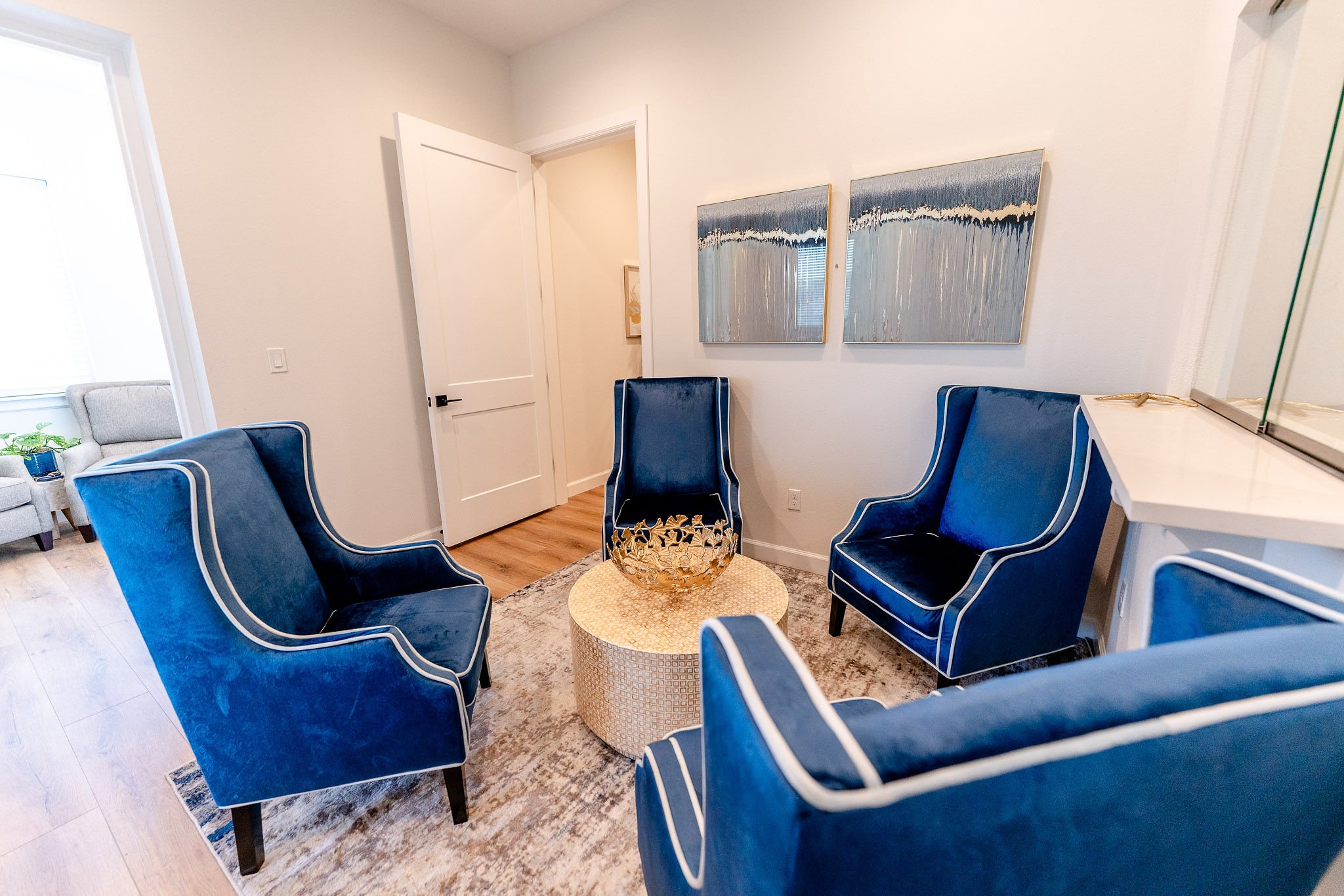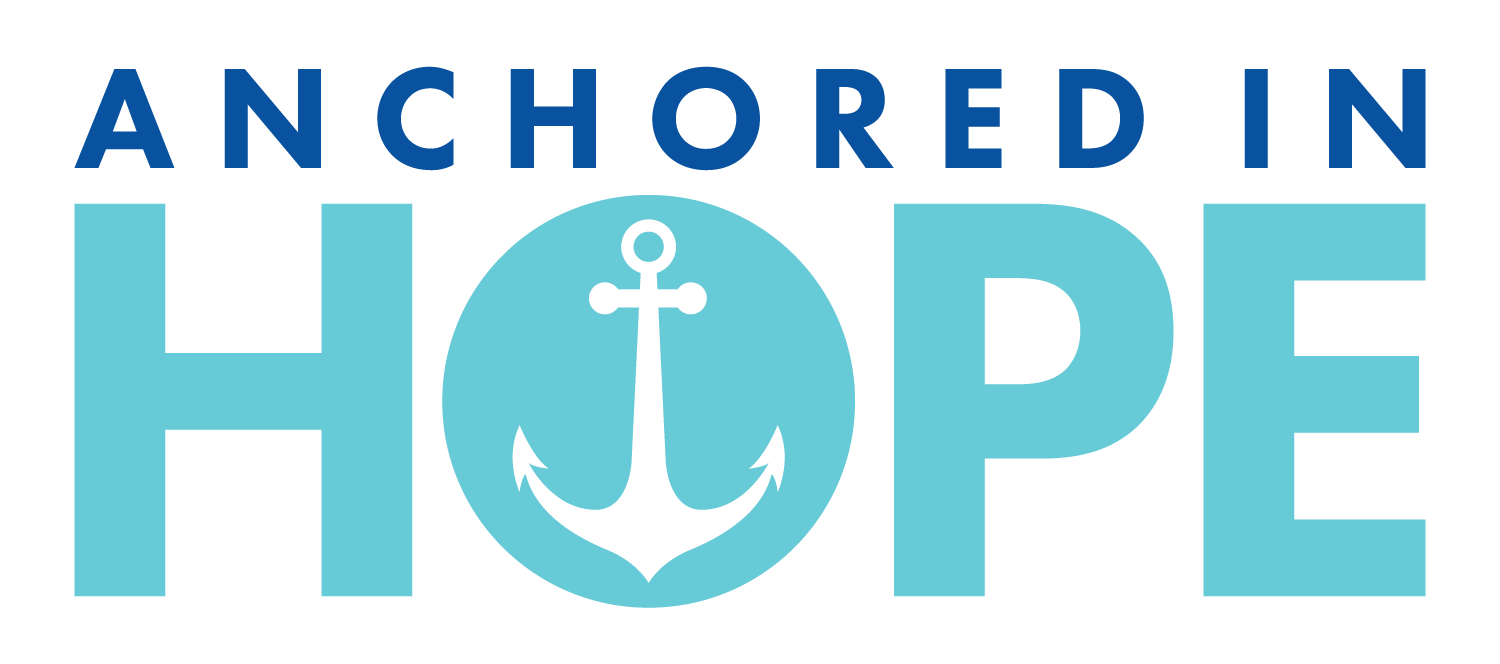
FAQs
How do I know if I need counseling?
If you're experiencing prolonged feelings of sadness, anxiety, stress, or find it hard to cope with everyday activities, it might be beneficial to seek counseling. Counseling can also help with relationship issues, grief, life transitions, and other challenges.
Is everything I share confidential?
Yes, confidentiality is a cornerstone of counseling. However, there are exceptions, such as if there's a risk of harm to oneself or others, in cases of abuse, or if legally mandated to report certain information.
What types of insurance do you accept?
Yes, we take a number of insurances including Blue Cross & Blue Shield, United, UMR, Health Choice, ChampVA, Community Care, Aetna, and several EAP programs. You can also use your FSA or HSA benefits as well.
How long does each session last, and how often do they occur?
A typical session lasts between 50 to 60 minutes. The frequency can vary depending on the individual's needs, but many people start with weekly sessions.
How long will I need to attend counseling?
The duration varies for each individual and their unique needs. Some people benefit from short-term counseling spanning a few sessions, while others attend therapy for several months or even years.
What if I don’t click with my counselor?
It's essential to feel comfortable with your counselor. If you feel it's not a good fit, it's okay to discuss your concerns or seek another professional who may be better aligned with your needs.
How much does it cost?
Costs can vary. It's important to discuss fees upfront and check if insurance can cover the sessions.
Does counseling mean I’m weak or unable to handle my problems on my own?
Not at all. Seeking counseling is a sign of strength and self-awareness. Everyone needs support at times, and counseling provides professional guidance to navigate challenges.
How do I start the process?
Starting is as simple as reaching out. Contact our center to book an initial consultation or to ask any further questions about the process.
